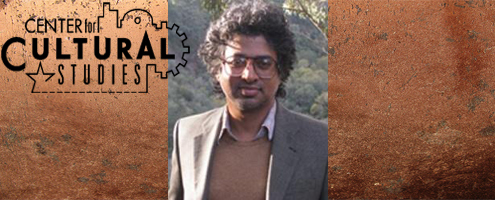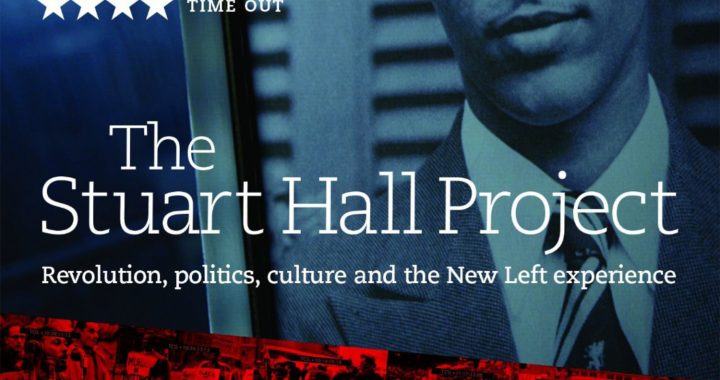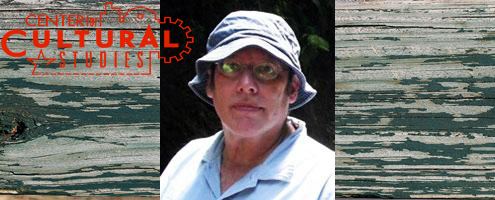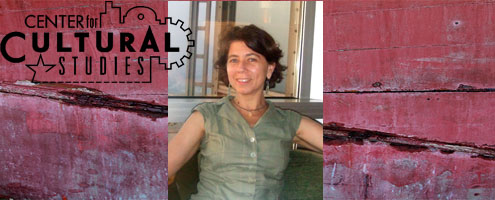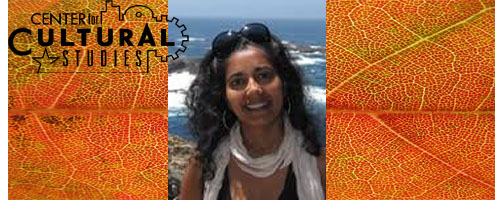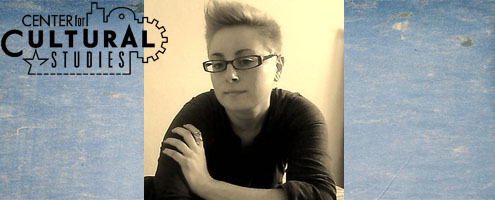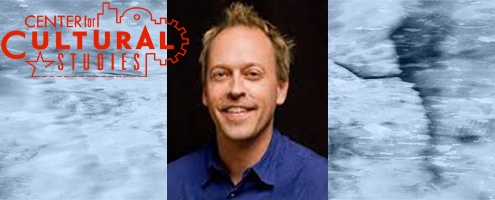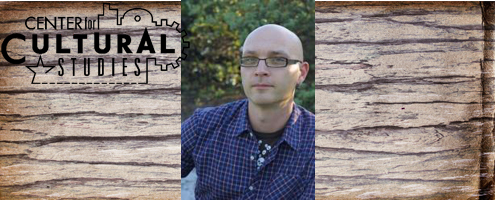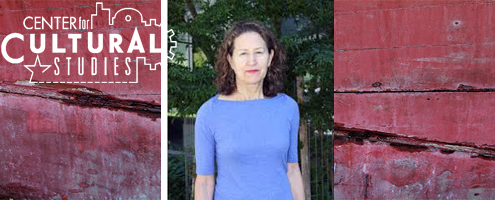Offering an intellectual history of the phases of Marx’s thought from his dissertation on Greek philosophy to The 18th Brumaire of Louis Bonaparte, Gopal Balakrishnan seeks to explain why the emergent syntheses of this early Marx broke down in the aftermath of the failures of the revolutions of 1848.
Gopal Balakrishnan is Professor of History of Consciousness at UCSC.

